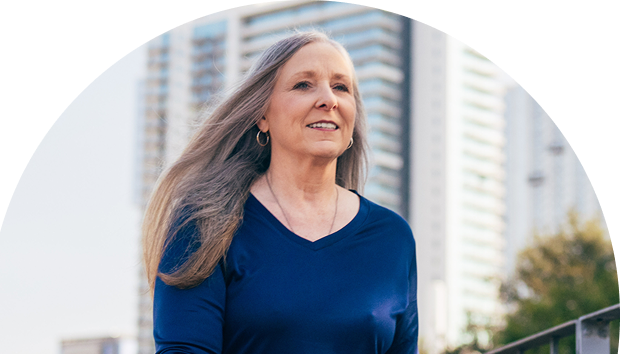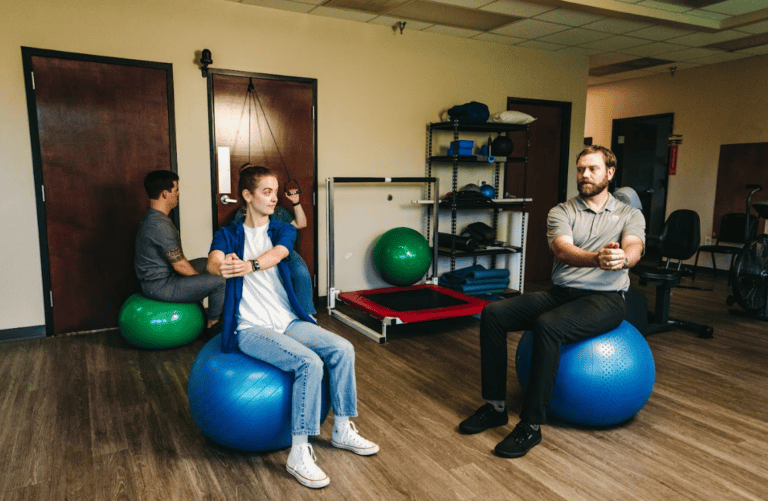Compassionate PTSD Care Near You in Texas
Post-traumatic stress disorder (PTSD) can affect anyone after a traumatic event, including car accidents, falls, or other unexpected trauma. If you’ve been struggling with anxiety, disrupted sleep, or find yourself replaying a distressing event, ProCare is here to help. We offer care for PTSD that treats both the mental and physical effects of trauma. With licensed counselors and experienced injury care providers across Texas, our approach supports your recovery from every angle. Book online or find a ProCare clinic near you to get started.
PTSD Symptoms and Related Conditions We Treat
PTSD can affect both your mental and physical health. At ProCare, we take a whole-body approach to recovery, combining counseling, medical evaluation, and personalized treatment plans to support your healing. We commonly treat:
- PTSD after traumatic events or accidents
- Anxiety or panic responses
- Sleep disturbances or nightmares
- Flashbacks or intrusive thoughts
- Irritability or mood changes
- Difficulty focusing or functioning in daily life








